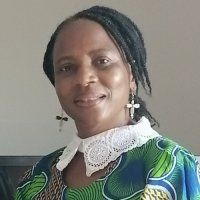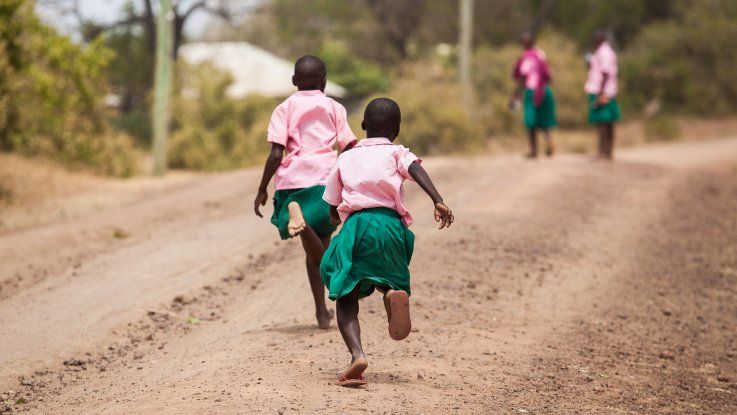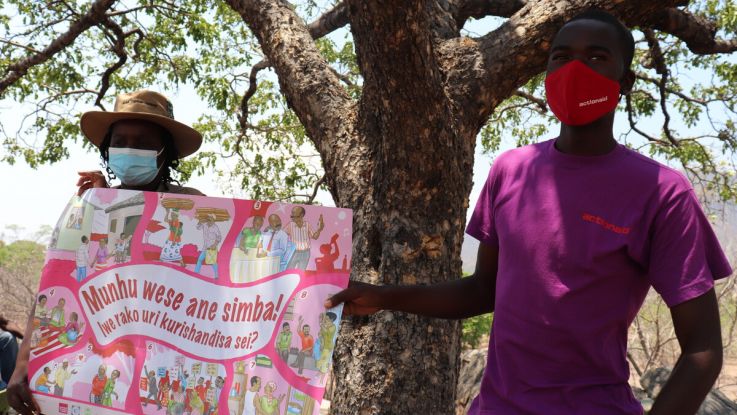A win for women’s rights in Ghana
15 December 2020
ActionAid Ghana has been campaigning for the rights of domestic workers to be protected, and this year Ghana’s government brought in a law to do just that! Here Margaret shares the good news and what it means for women's rights.

Ghana's Young Urban Women's Movement. Photo: Abbie Trayler Smith/ActionAid
In these challenging times, I would like to share with you a piece of positive news as a reminder to us all that collective power matters and can make a real difference. I know that many of you signed up last year to show your solidarity with women campaigners in Ghana working towards justice for women in the world of work – thank you.
A few months ago, in July, the Parliament of Ghana passed Domestic Workers’ Regulations (L.I. 2408), which protect domestic workers, many of whom are women, from exploitation, violence and harassment. The Regulations came into force in August 2020 and is the domestication of ILO Convention 189 on Domestic Workers.
Working with the wider movement
This significant change in the law was achieved by many organisations and groups working together. They include FIDA (International Federation of Women Lawyers) Ghana, LAWA-Ghana Alumnae Incorporated, International Union of Food and Allied Workers (IUF) through their representative in Ghana, Trade Union Congress of Ghana, Window of Hope Foundation, grassroot and activist groups and networks such as the Young Urban Women’s Movement and Activista.
Protection of domestic workers’ rights
We have worked in a collective way to raise the voices of domestic workers to ask for better protection of their rights and better protection against harassment and violence at work. We have campaigned, advocated and raised awareness, together. Domestic workers' rights in Ghana are now protected by law, minimising their exploitation, guaranteeing a minimum wage and putting in place provisions for paid annual leave, sick leave, working hours and maternity leave.
New report
Our work doesn’t stop here. As we are now in the 16 Days of Activism against Gender Based Violence, we’ve launched a report The impact of Covid-19 on young women. This publication reflects the findings of a rapid assessment survey to understand the social and economic impacts of the COVID-19 pandemic on young women living in urban areas in Ghana, India, Kenya and South Africa.
Thank you for standing in solidarity with women and girls worldwide. Together we can really make change happen.
How you can help
All over the world women and girls have less money, less access to education, and less political representation than men. But in every country, women are standing up and working together to claim back their rights.
To find out more about how you can join them sign up for our campaign alerts.



